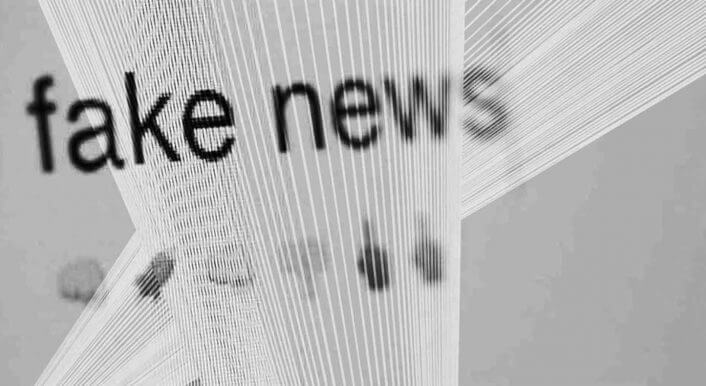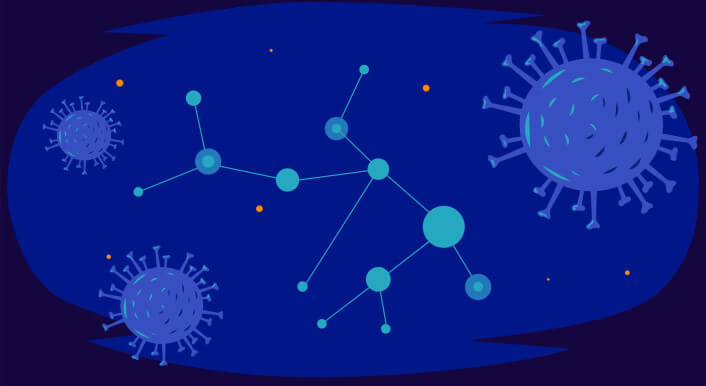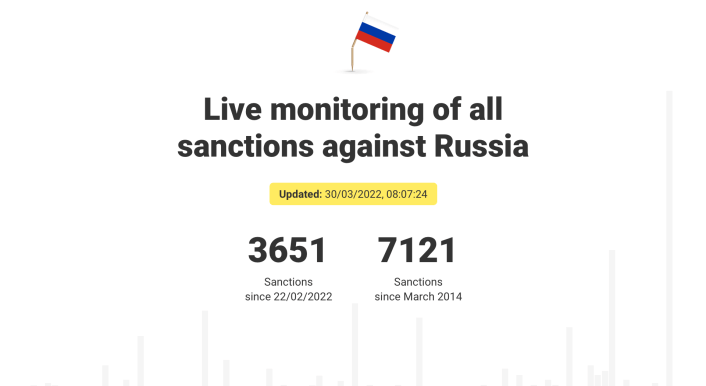noFake: an interdisciplinary project, combatting disinformation with human and artificial intelligence
In the fight against disinformation, the nonprofit investigative journalism newsroom CORRECTIV and scholars from Ruhr University Bochum (RUB) and Technical University (TU) Dortmund team up for the project noFake. By using crowdsourcing and artificial intelligence (AI), noFake intents to identify and refute false reports.

Manipulative false information is an increasing threat for public discourse, it undermines democracy and endangers social cohesion. Fact-checks counteract this development by uncovering disinformation. The public is increasingly aware of this issue – and with noFake, committed citizens are now able to check facts themselves. To this end, the project partners are building CORRECTIV.Faktenforum, a platform to unite the human intelligence of crowd workers with AI.
Fact-checks by citizens
In collaboration with CORRECTIV, our scholars are developing AI-based assistance tools that, for example, detect and categorize potential disinformation and verify the authenticity of images. Moreover, the crowd workers benefit from professional support by the CORRECTIV fact-checkers as well as from webinars and workshops to strengthen their media literacy and fact-checking skills.
The project noFake is coordinated by the Ruhr University Bochum (RUB), which is represented by the Cognitive Signal Processing working group led by Prof. Dr. Dorothea Kolossa and the Digital Forensic Linguistics working group led by Prof. Dr. Tatjana Scheffler. Prof. Dr. Tobias Gostomzyk and his team from the Institute of Journalism at Technical University Dortmund, contribute their expertise in media and Internet law to the noFake project.
Disinformation – a growing problem
David Schraven, Publisher at CORRECTIV says: “Many CORRECTIV readers want to step up against disinformation. We will develop and deploy AI-based assistance systems that help people perform fact-checks on their own. In this way, we are building a fact-checking community that combines civil engagement with professional standards.”
Dorothea Kolossa, professor at Ruhr University Bochum says: “We will support crowd workers on our platform with automatized analyses and rapid access to relevant information to promote their collaboration. However, the decision about fact or disinformation always remains with the user. Therefore, we do not design black box algorithms but make transparency the core principle in the development of our AI tools.”
Are you interested in becoming a member of CORRECTIV.Faktenforum? Find further information. (in German only)
- Register here.
- Find out more here.
- Sign up for our newsletter.



